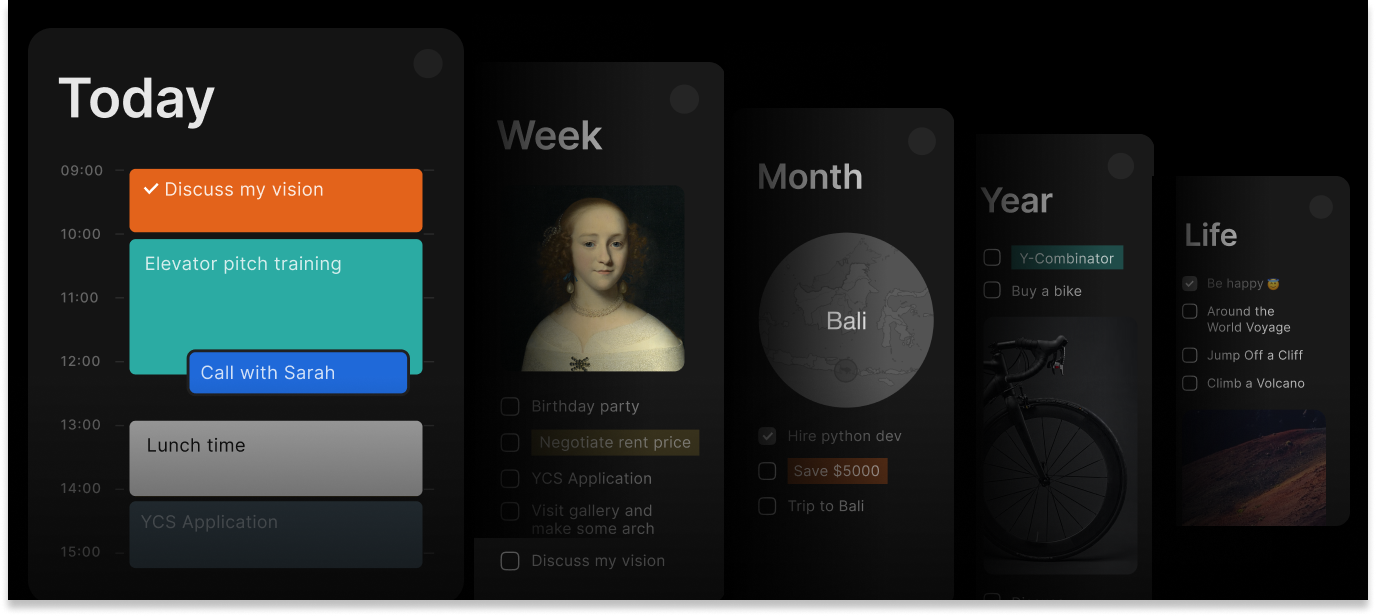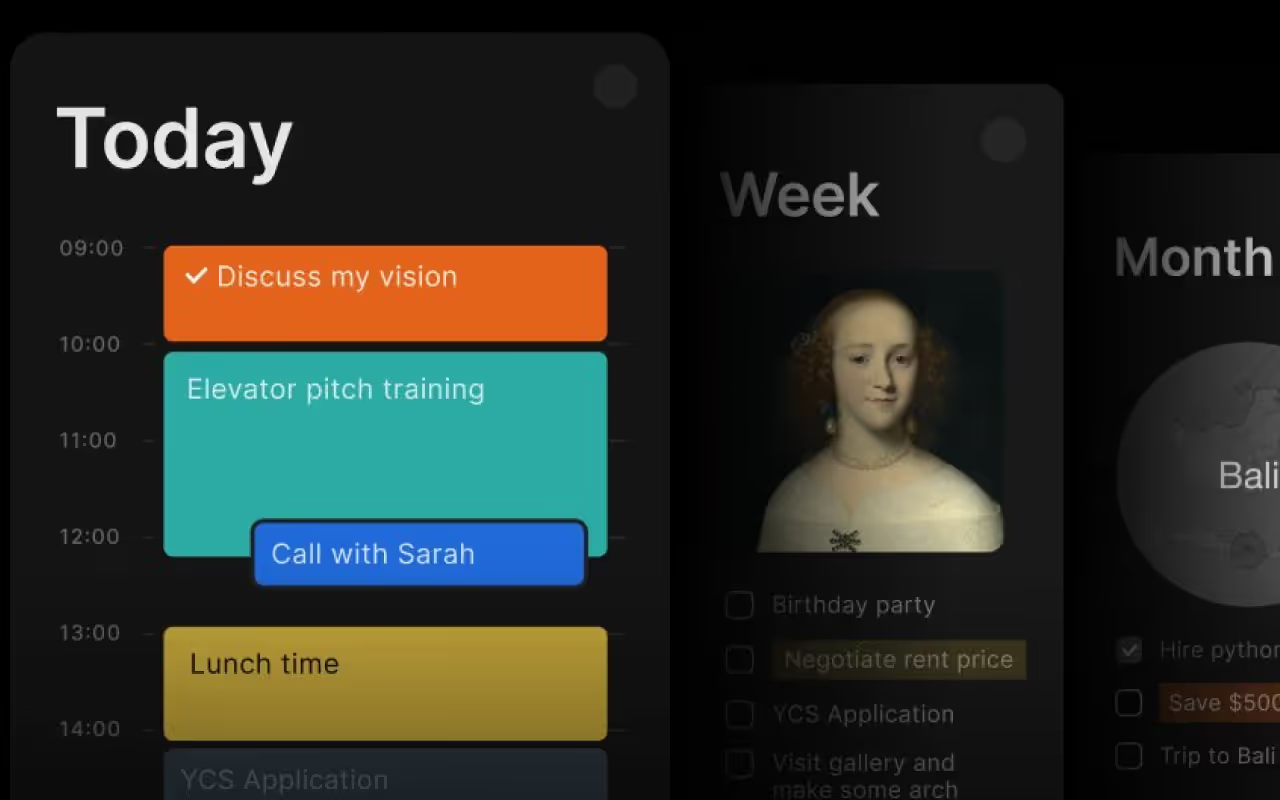The Soundtrack of Productivity: How Music Shapes Our Focus

Ever found yourself dancing, realizing your 'focus playlist' is throwing off your work vibe?, this article is for you! And for everyone who wants to finally figure out how music can make or break your work groove.
Study by Spotify finds that 87% of people believe music helps them stay productive and motivated at work. Yet why does music help some people focus while distracting others? What types of music work best for productivity? And how does background sound affect our cognitive processes?
We'll explore the psychological and neurological impact of music in the workplace, breaking down its benefits and potential drawbacks. Let's get started!
How Music Affects Our Brain
Music's influence on productivity is tied to its effects on the brain. Several key mechanisms explain why background music can enhance focus and efficiency:
- Dopamine Release and Motivation: Listening to enjoyable music triggers the release of dopamine, a neurotransmitter associated with pleasure and motivation. Research from McGill University (2011) shows that music we love stimulates the brain's reward system, boosting mood and drive, which can make tedious tasks feel more engaging.
- Stress Reduction: Music has been shown to reduce stress by lowering cortisol levels. A study demonstrates that listening to music prior to a stressor leads to faster recovery of the autonomic nervous system, indicating its potential to mitigate stress responses.
- Cognitive Enhancement: Music can also enhance cognitive functions such as memory and learning. While individual responses vary, incorporating music strategically into your routine improves focus and efficiency.
- The Mozart Effect: The so-called "Mozart Effect," based on a 1993 study by Frances Rauscher, suggests that listening to classical music, particularly Mozart's compositions, can temporarily enhance spatial reasoning skills. While the effect is not a cure-all for productivity, it highlights how certain music can stimulate cognitive performance.
At the same time, not all music has a positive effect. Certain genres, loudness levels, or lyrical content disrupt focus, leading to decreased efficiency.
What Types of Music Work Best?
Different genres impact our work performance in various ways:
- Lo-fi, Chillhop, and Ambient: These genres are popular for concentration, offering repetitive beats and smooth sounds that create a steady background without drawing too much attention.
- Classical Music: Often associated with improved concentration and problem-solving, particularly Baroque compositions with a tempo of around 60 beats per minute.
- Electronic Music (House, Techno, Minimal): High-energy beats work well for fast-paced, repetitive work that requires endurance.
- Instrumental vs. Vocal Music: Lyrics can interfere with language-based tasks, making instrumental music preferable for activities involving reading or writing.
- White Noise and Nature Sounds: Some studies suggest that natural sounds (like rain or ocean waves) enhance focus, particularly for people who find traditional music too stimulating.
Exploring Noise: White, Brown, and Pink
Beyond music, various types of noise can also serve as powerful tools for productivity:
- White Noise: Characterized by equal intensity across all frequencies, white noise sounds like static or a hissing fan. It's excellent for masking background distractions, making it ideal for noisy environments or for individuals with attention difficulties, as supported by a 2015 study in Journal of Cognitive Neuroscience.
- Brown Noise: Brown noise features deeper, low-frequency tones, resembling the sound of a waterfall or distant thunder. Its soothing, rumbling quality makes it a favorite for calming the mind and enhancing focus, particularly for those who find white noise too harsh.
- Pink Noise: Pink noise balances high and low frequencies, sounding like steady rain or rustling leaves. Research from Northwestern University (2017) suggests pink noise can improve sleep quality and memory, making it a great choice for both work and rest.
- Comparison: White noise is neutral and distracting, brown noise is deep and calming, and pink noise is soft and natural. Experiment with these through apps like Noisli or Spotify playlists to find what suits your tasks best.
To find the optimal music for your tasks, try these five simple steps when choosing music.
Sounds great, but you might think, "This is unlikely to work for me." Let's be clear: that's completely normal. Some of us may indeed find it difficult to concentrate even with the most "productivity-boosting" music, and here's why.
Why Some People Can't Work with Music
While many people benefit from background music, others find it distracting or stressful. Several factors contribute to this divide. Cognitive differences play a role — people with a high need for focused attention struggle with music as it competes for cognitive resources. Highly sensitive individuals (HSPs) are more likely to be disturbed by background noise, even if it's instrumental.
Personal music experience also matters. Musicians or individuals with strong musical training find it hard to ignore melodies and harmonies, making music more of a distraction than a productivity tool. Additionally, the type of task plays a significant role—creative tasks may benefit from music, while analytical or detail-oriented work often requires silence.
Finding the Balance
Finding the right musical balance lies in understanding how different types of music affect focus, motivation, and stress levels.
And to make it easier for you to find your perfect work music, we've put together a list of tracks and songs that the Timestripe team loves to work to.
For more albums that tackle different tasks, check out our article 5 Albums That Make You Work.
Read next



